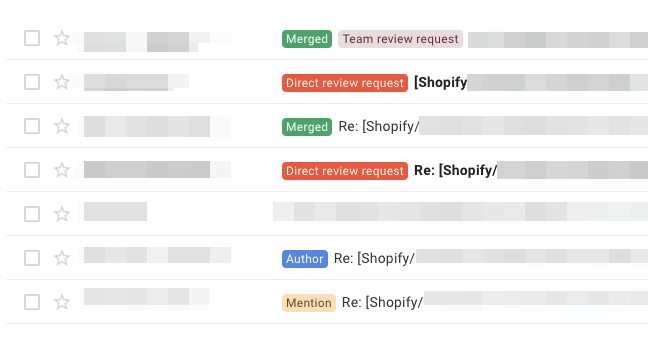In our ops & infra world, we learn to optimise for redundancy, for mean time to recovery and for graceful degradation. We instinctively recognise single points of failure, and try to mitigate the risks associated with them.
For some years now, Daniel Vassallo has been doing the same, but in the context of life & work. Daniel talks about the role of randomness, about learning from small wins & about optimising for a lifestyle that matches your true preferences. Apparently, ideas too should be treated like cattle, not pets.
Daniel Vassallo: But anyway that I could, without necessarily being very picky, very choosy. I don’t care about how sustainable it
is, or how high the return on investment is; whatever I can, to at least have some baseline income. And literally, the next day, after I went through this week of anxiety, I picked up my phone, I went to my personal contacts, and I found a friend who needed some programming help, and I started doing some freelancing with this friend. But the connections wasn’t a lot; I was doing like 20 hours a month, barely enough to cover my mortgage… But it was a huge, huge improvement in my peace of mind. Now I have some income. And I knew that if I wanted to, I could maybe find another client, or maybe add some more hours… It was incredibly liberating. Now, I wasn’t relying on this project succeeding anymore; it almost became like a bonus. Now, if it succeeded, it’s great. If it doesn’t, I’m not going to be desperate, as there’s already something there.
And immediately, things started to – one thing started to come after another. I was seeing these creators, the creator economy was flourishing, self-publishing, educational products, programming books, and whatever, and some of them making decent payoffs, some of them less so… And I said, “I have some technical content in my head. I worked at AWS for almost 10 years, I know certain products inside out… What if I do a brain dump of some of the things I know, and try to sell it online?” And this became another – now I call them another small bet. I spent like a month on this project, not a long time; brain dump of everything in a Word doc, minor editing, put it out on the internet… And within a few weeks, it made low five figures, and it was, again, eye-opening to me. Like, why am I bothering with this huge, ambitious project, highly speculative, that might never – yes, the upside might be huge. If all the stars align, I might make a big exit, or have a high income from it… But there are these small, much more achievable projects that are much more attainable.
And over time, I kept experimenting with different ideas, some things worked, some things didn’t, and I started to believe that this is a sound philosophy, and then, as I kept searching it more, I realized “This is nothing new.” The operators in this world, like book publishers, venture capitalists in Silicon Valley, movie studios in Hollywood, operate on this strategy, and some of them have been doing it for centuries, like book publishers, even VCs… I mean, not the modern kind, but investors in general, since probably the Middle Ages have had some portfolio of activities; they only invest small amounts of their funds, they never go all-in on one thing… They treat ideas – I like to call it treating ideas like cattle, not like pets, so you don’t fall in love with your projects… Yes, you want them to succeed, you’ll be disappointed if they don’t… But if they don’t, it’s just business; you move your attention to something else.
[17:57] And I started to see these parallels with how these industries operate, and I think many of their principles apply even to us as individuals. Yes, we’re not investing capital, unlike a book publisher, or a venture capitalist who’s investing their capital; we’re investing our time. But it’s equally scarce and precious, probably more so… And I think we can sort of, again, reason the same way as a VC does with their funds, but in our case with how we invest our time.
So what’s our time? We only get a few hours a day, that is disposable to our projects… How should we invest it? Should we go all-in for many years on one project? Is that a wise strategy? That would be like a venture capitalist going all-in with all their funds on one idea. It’s almost never going to happen, right?








